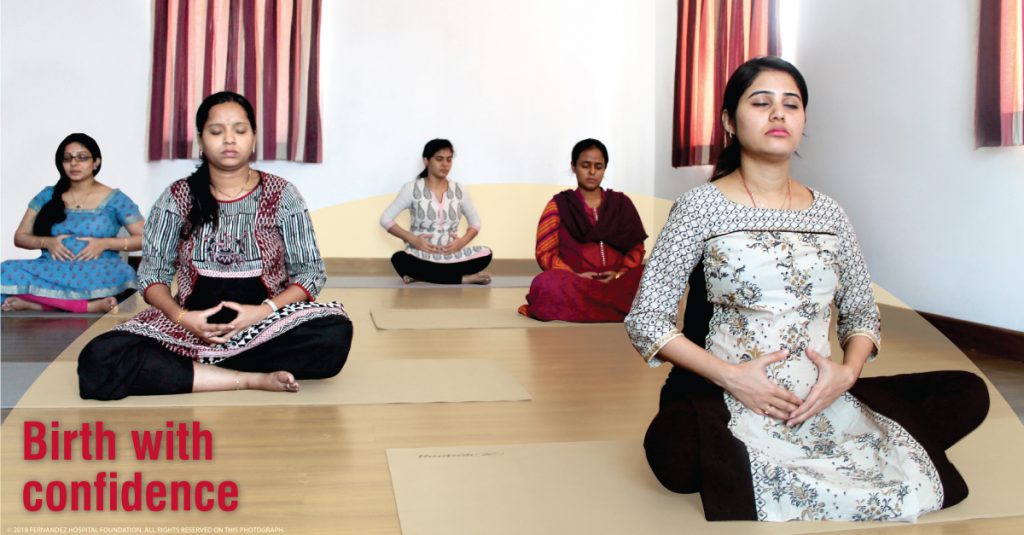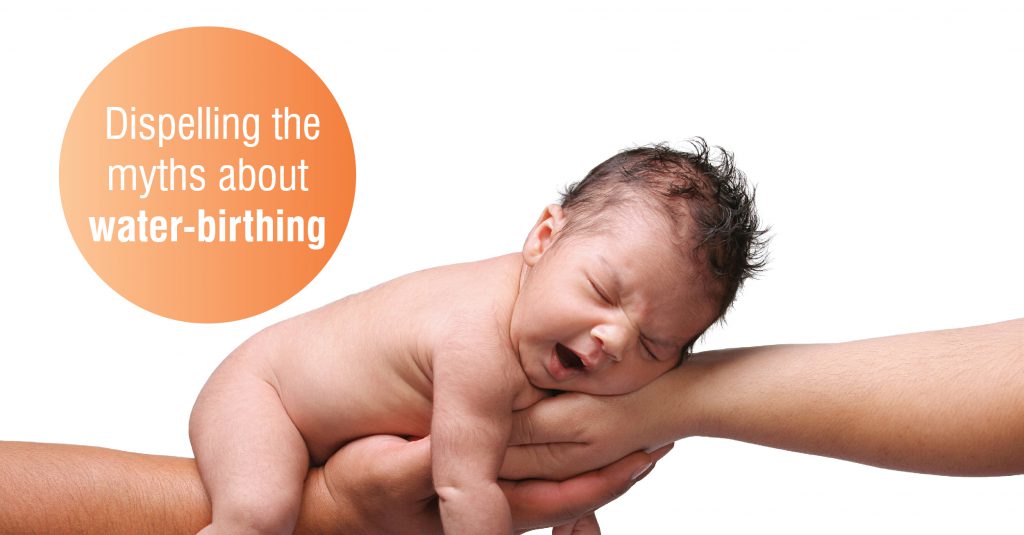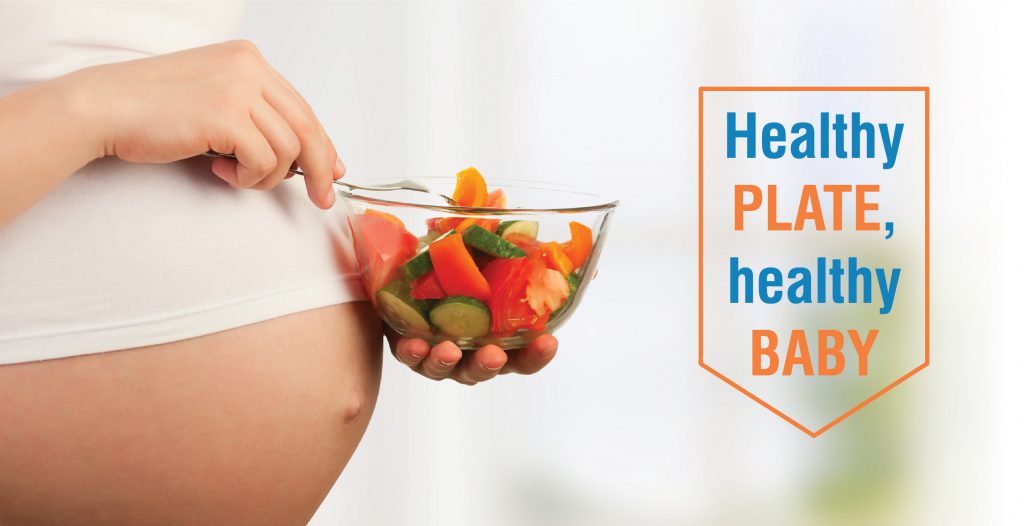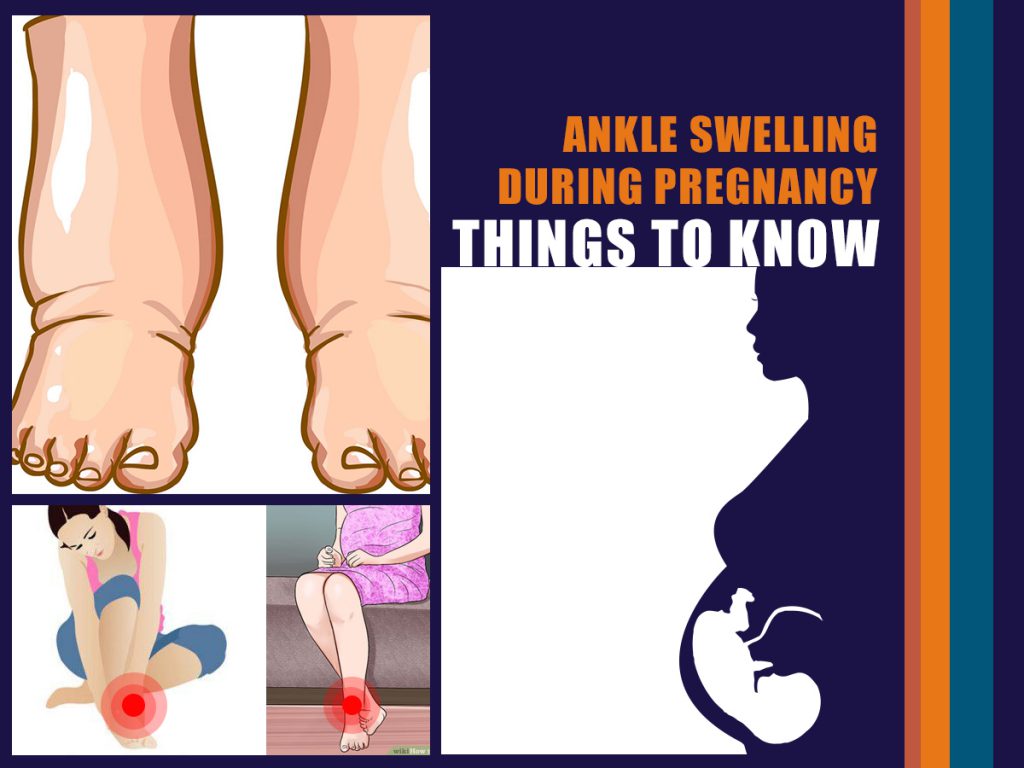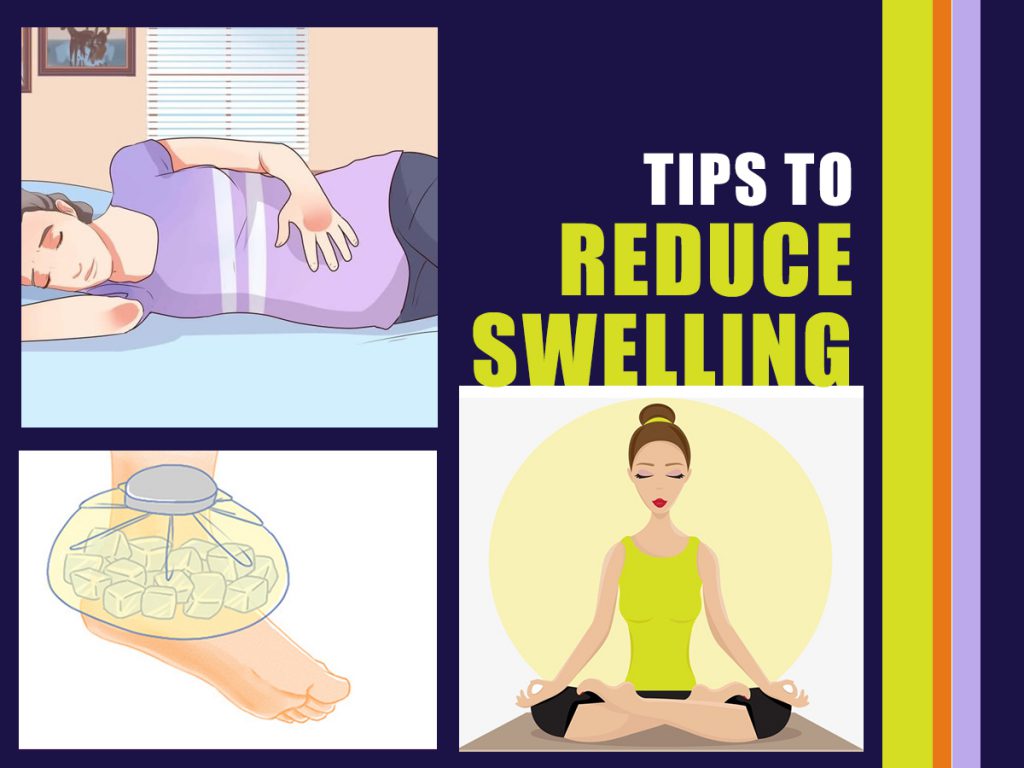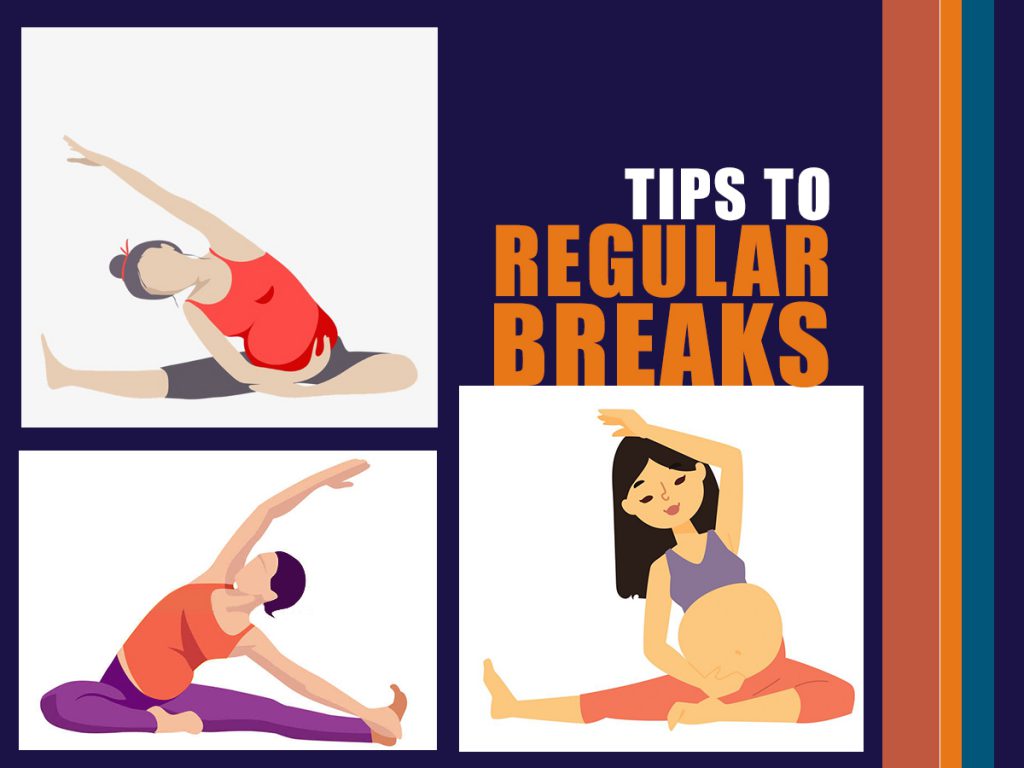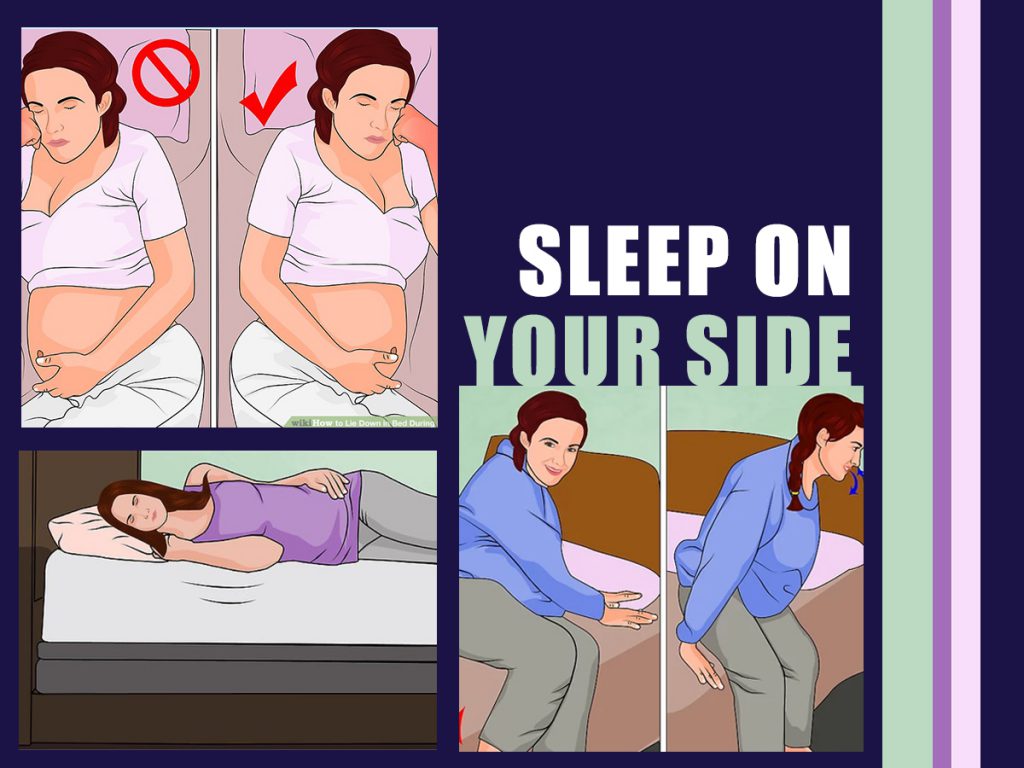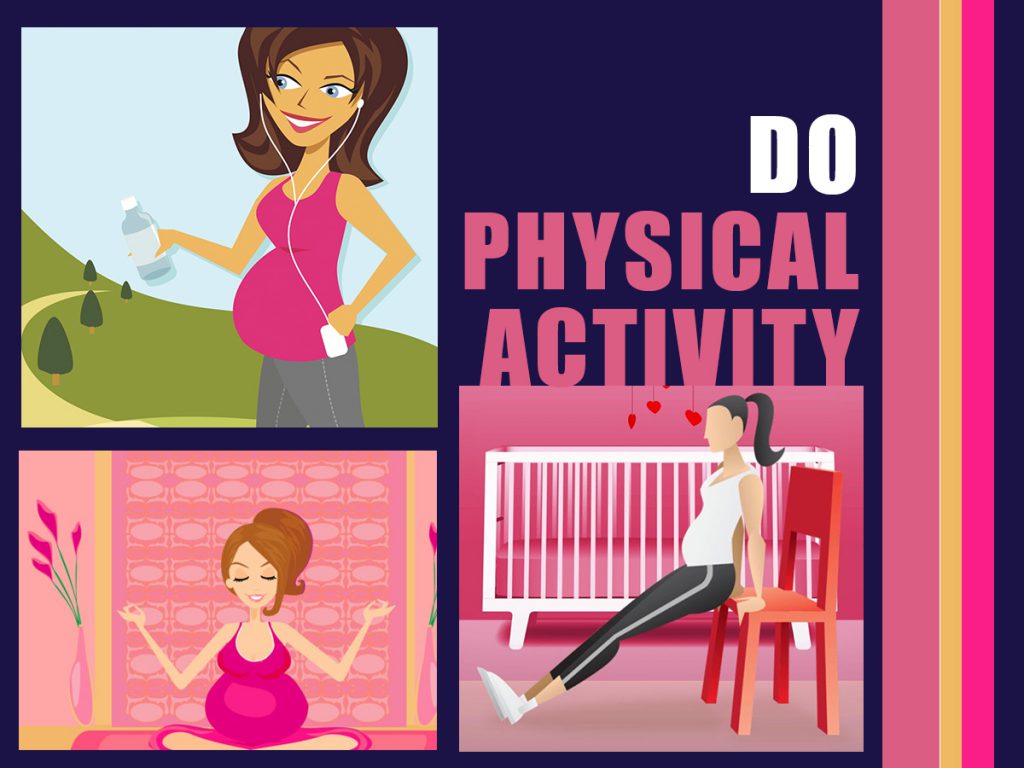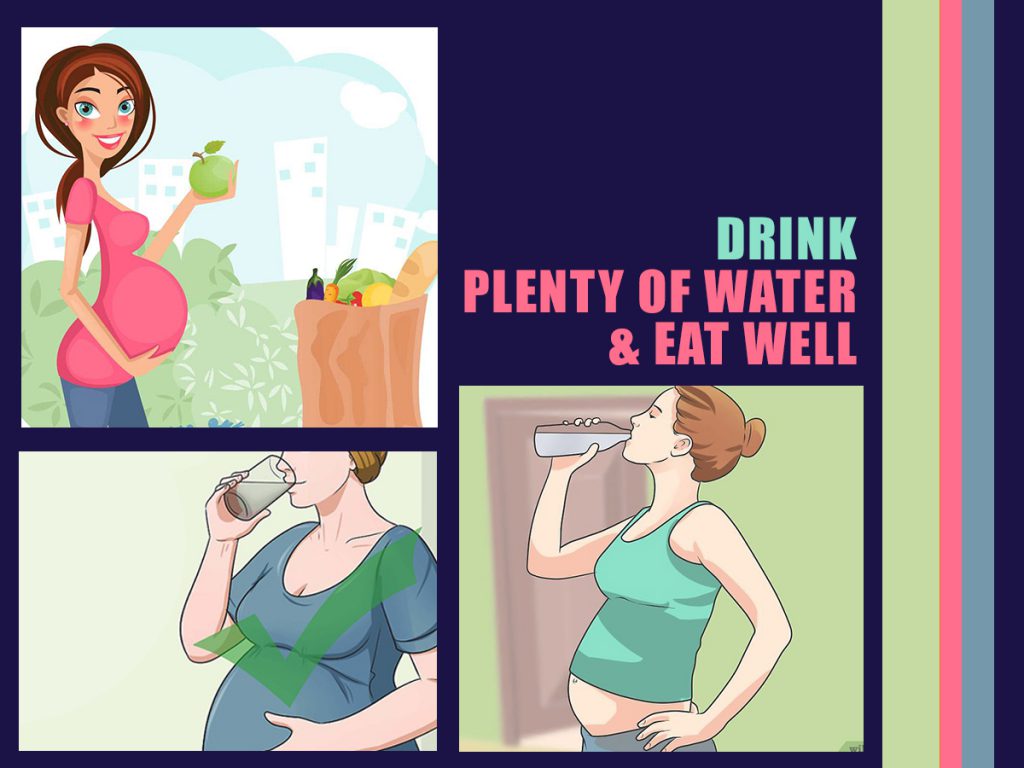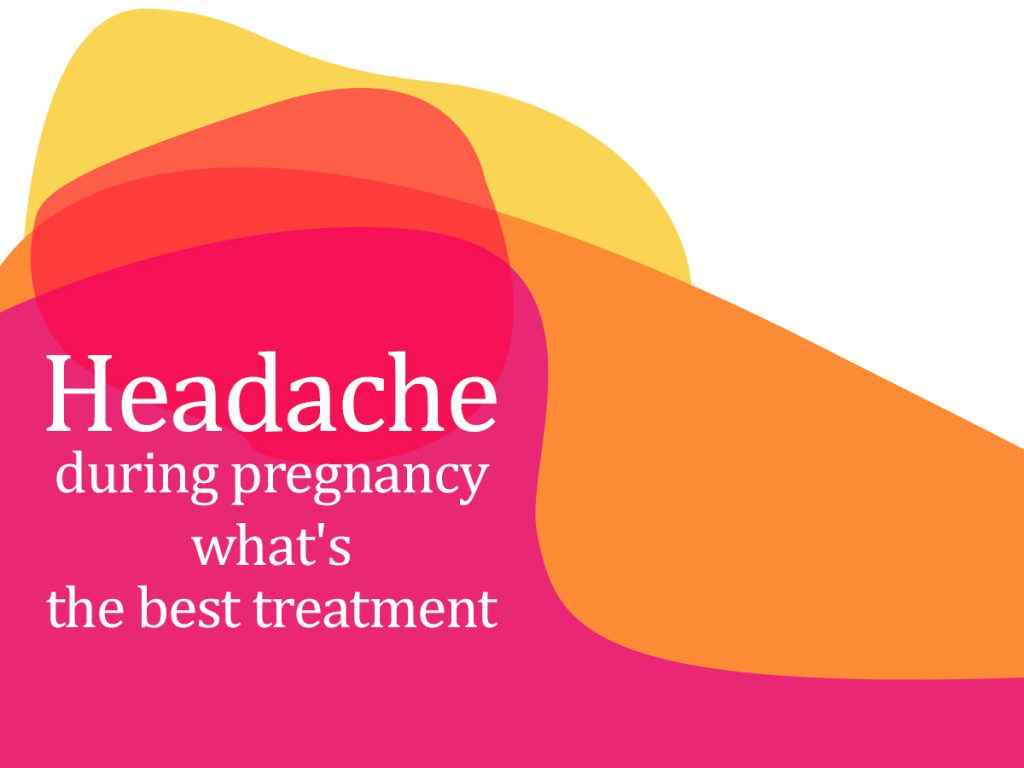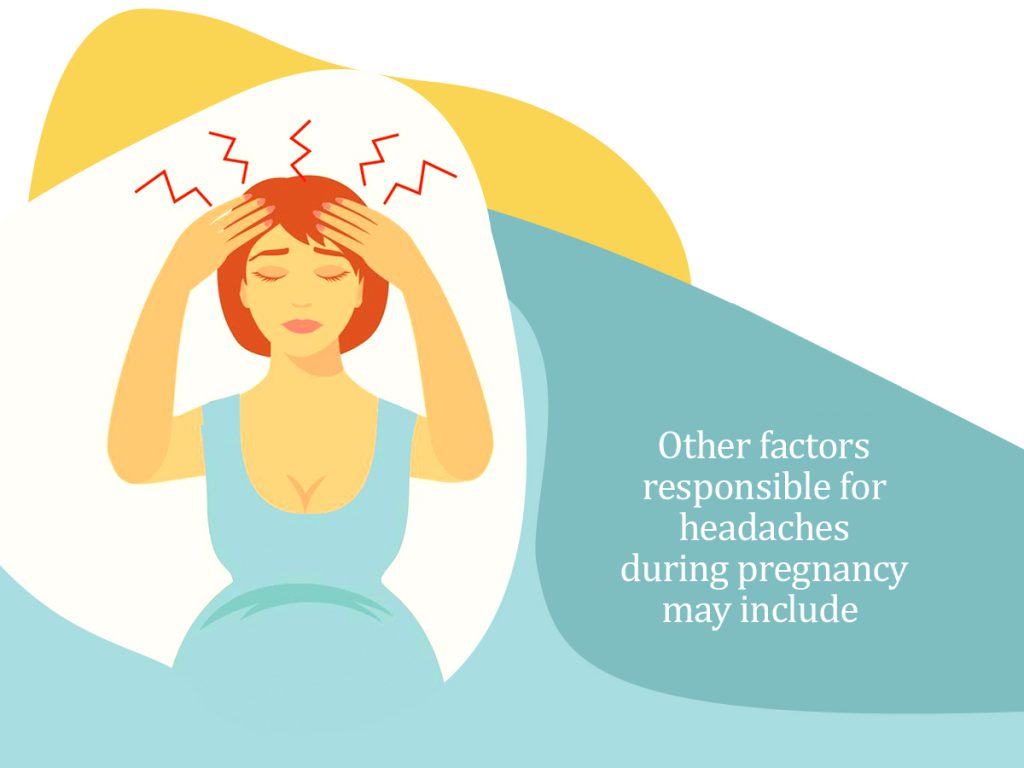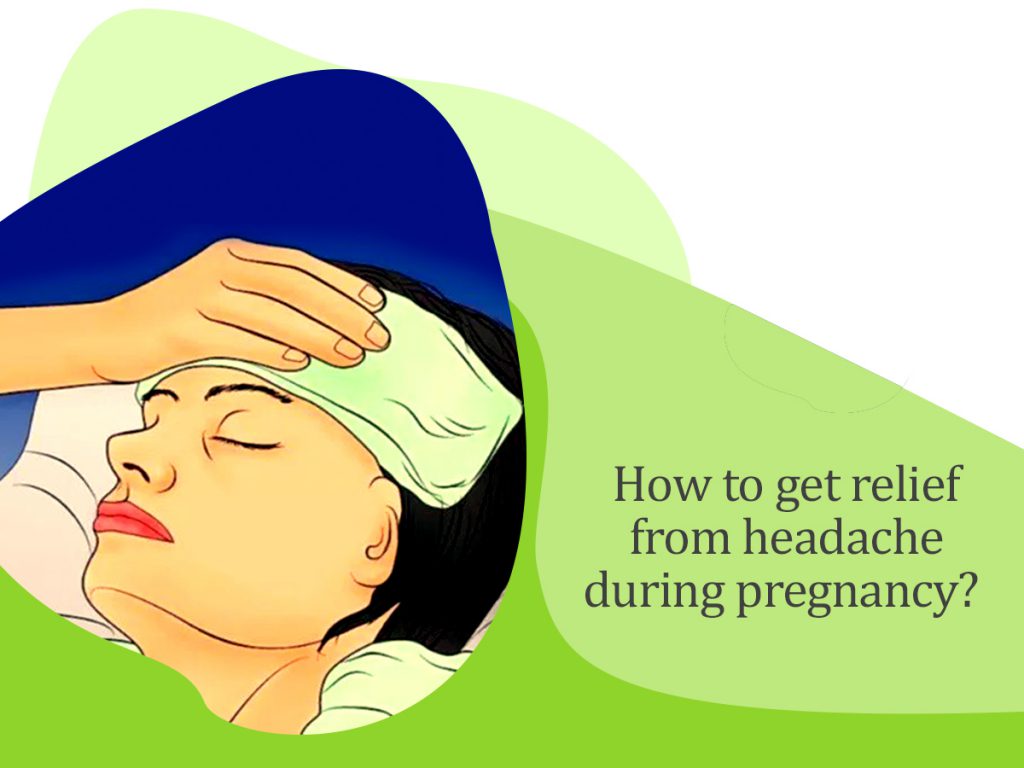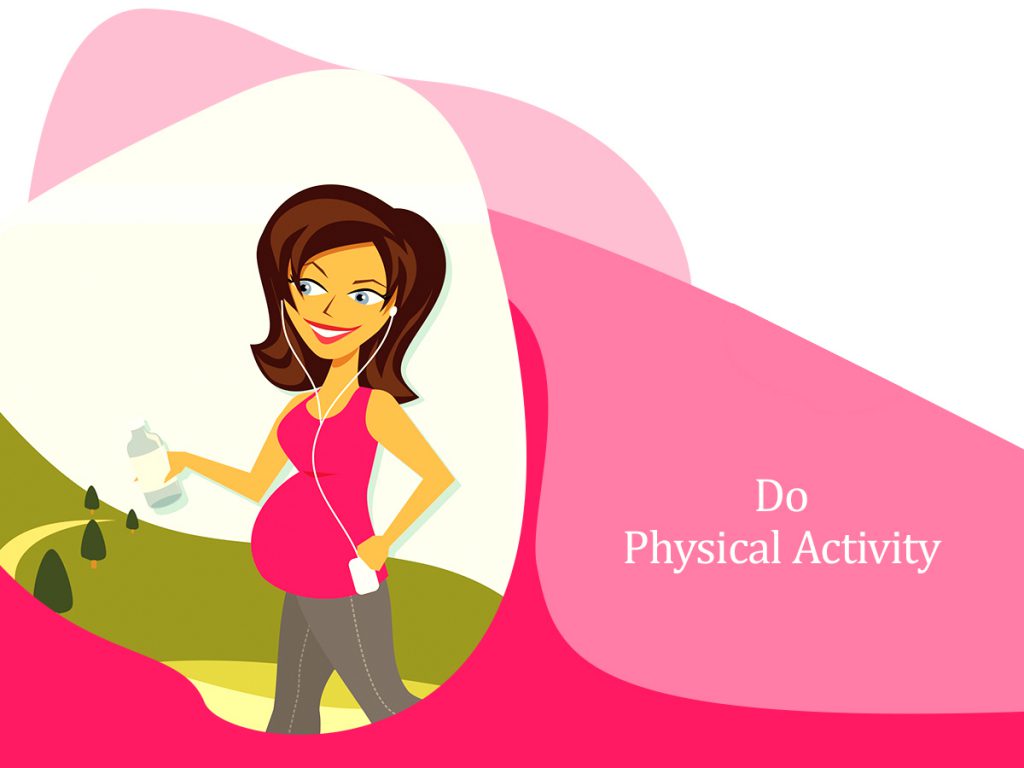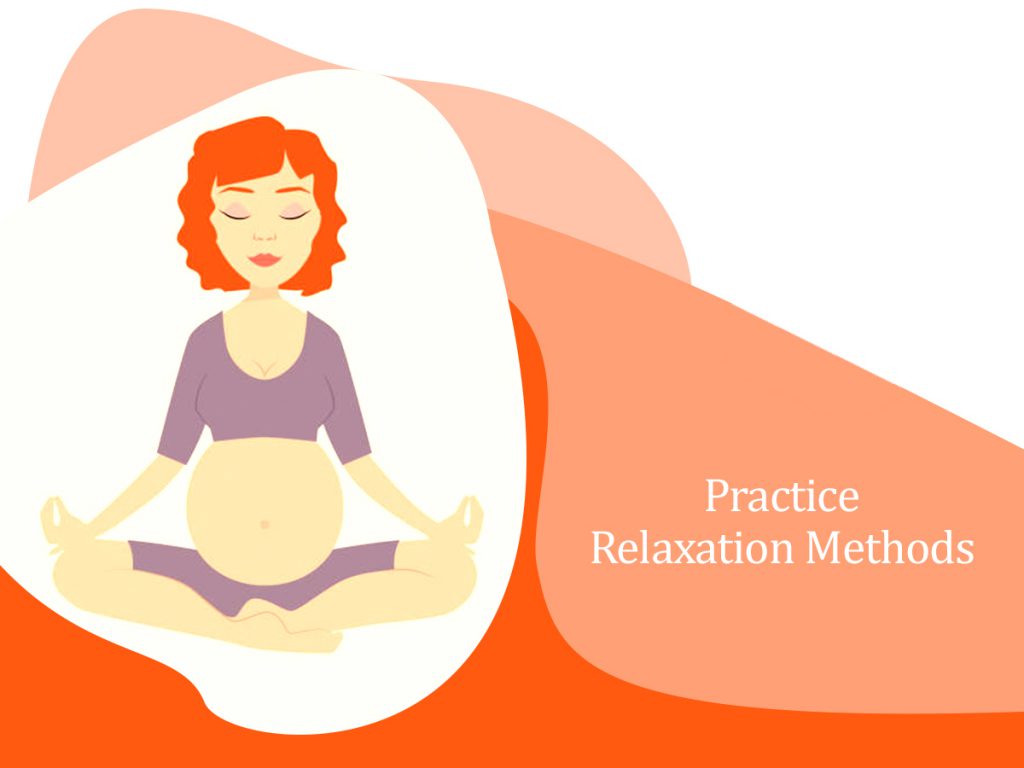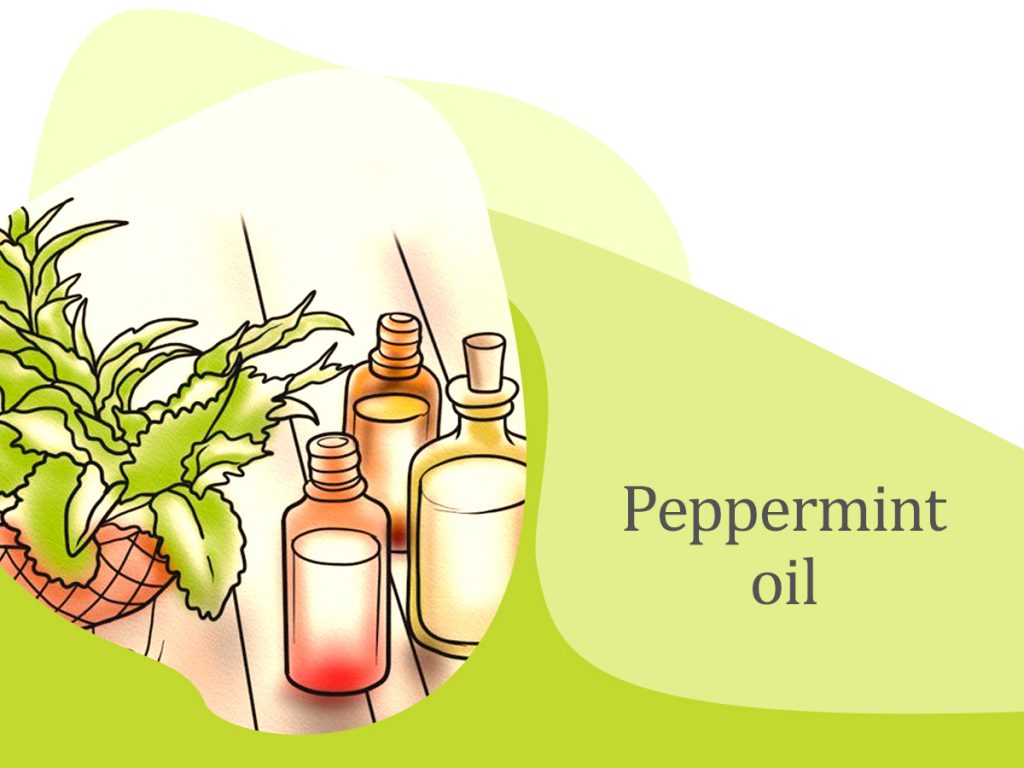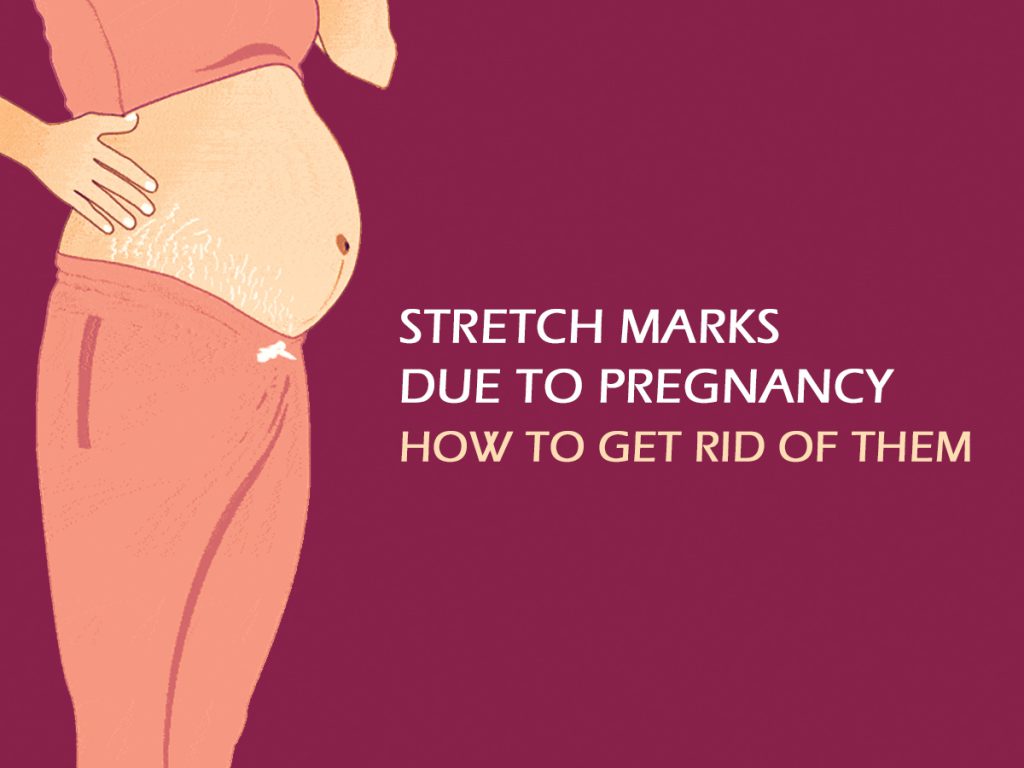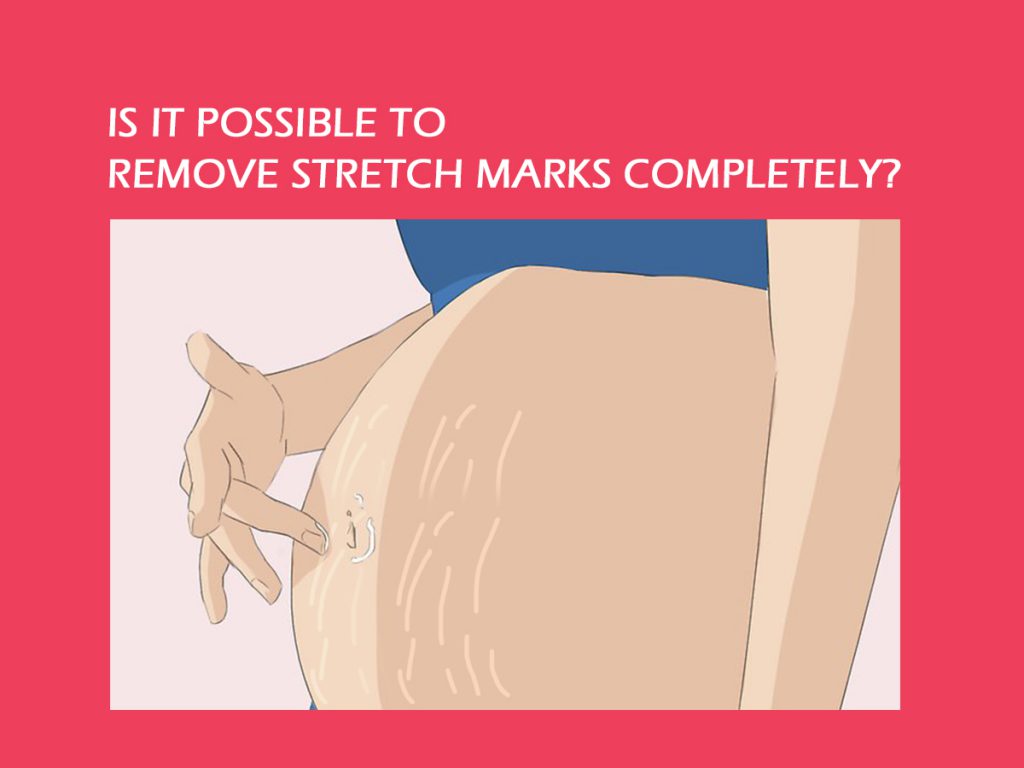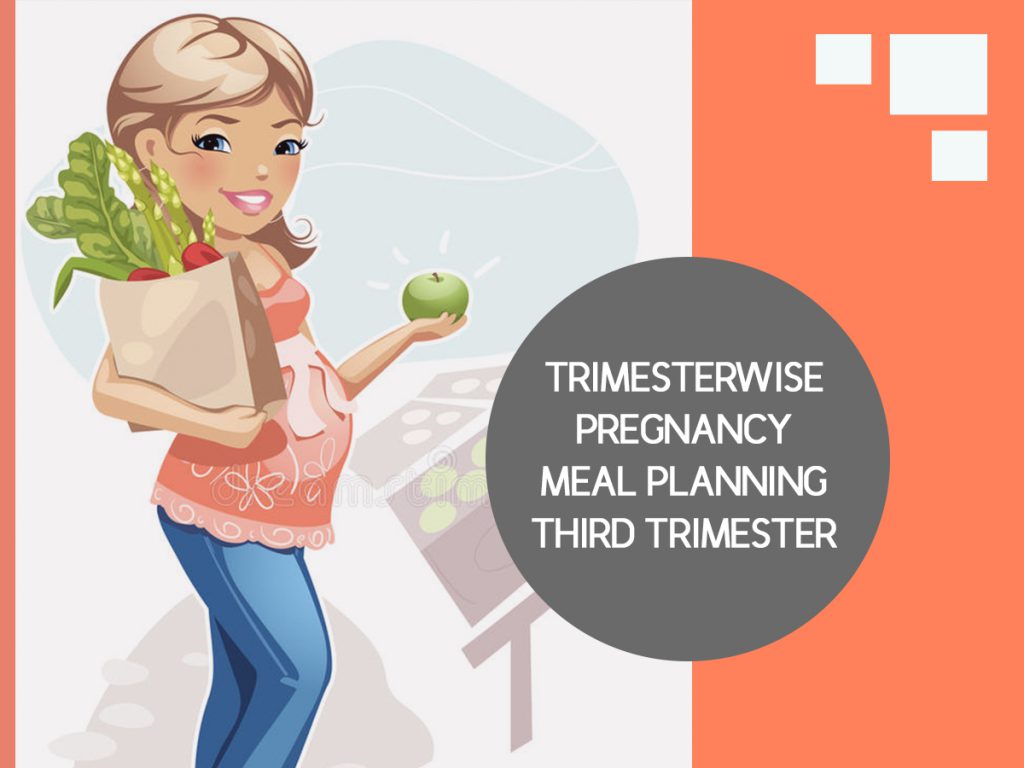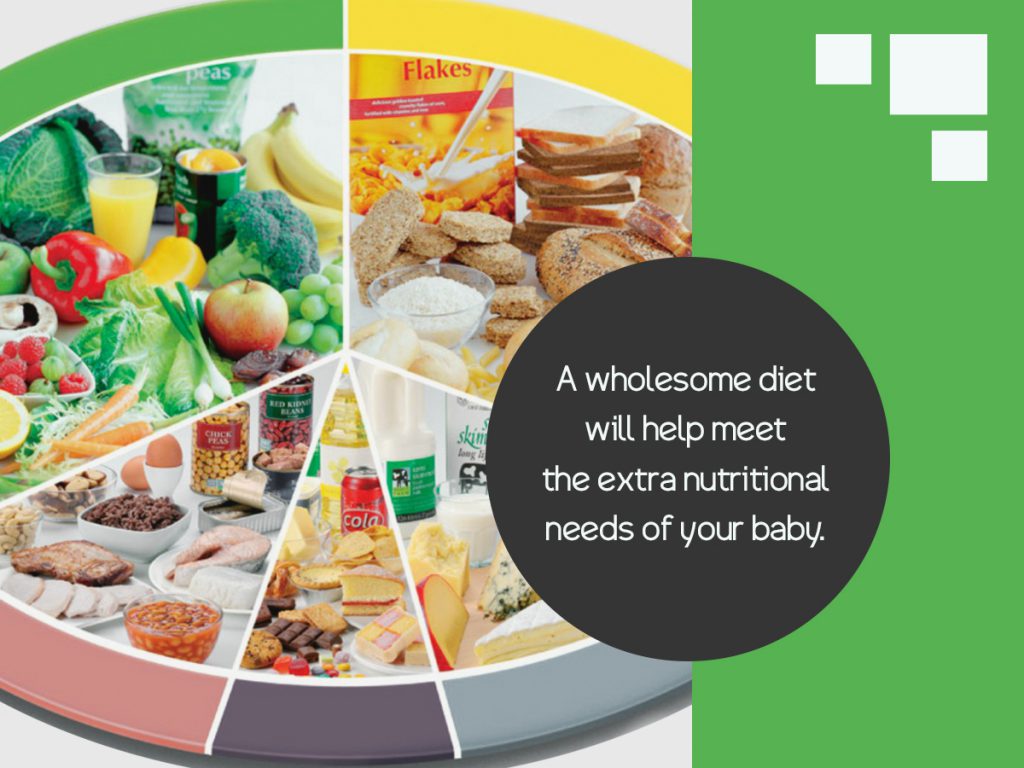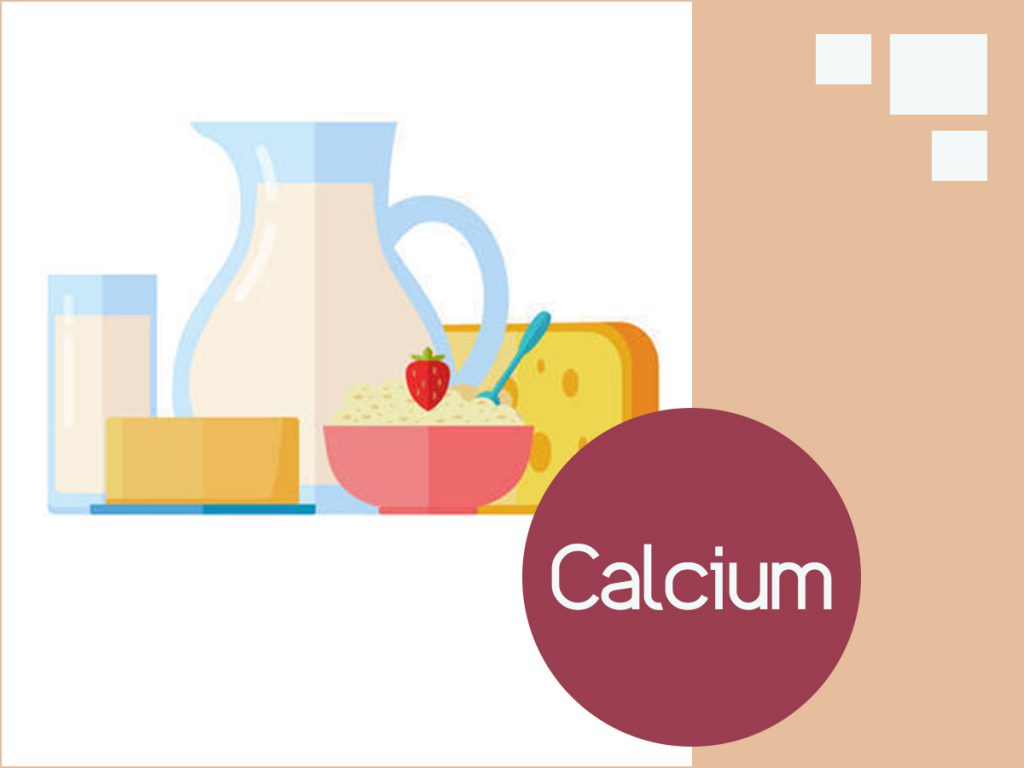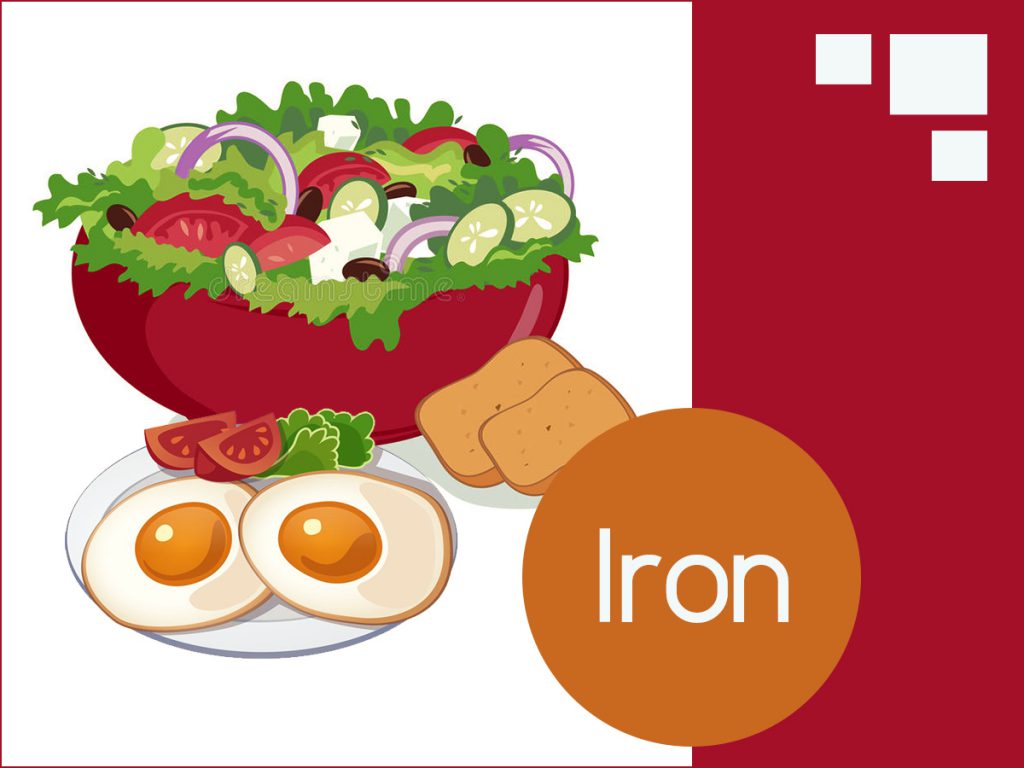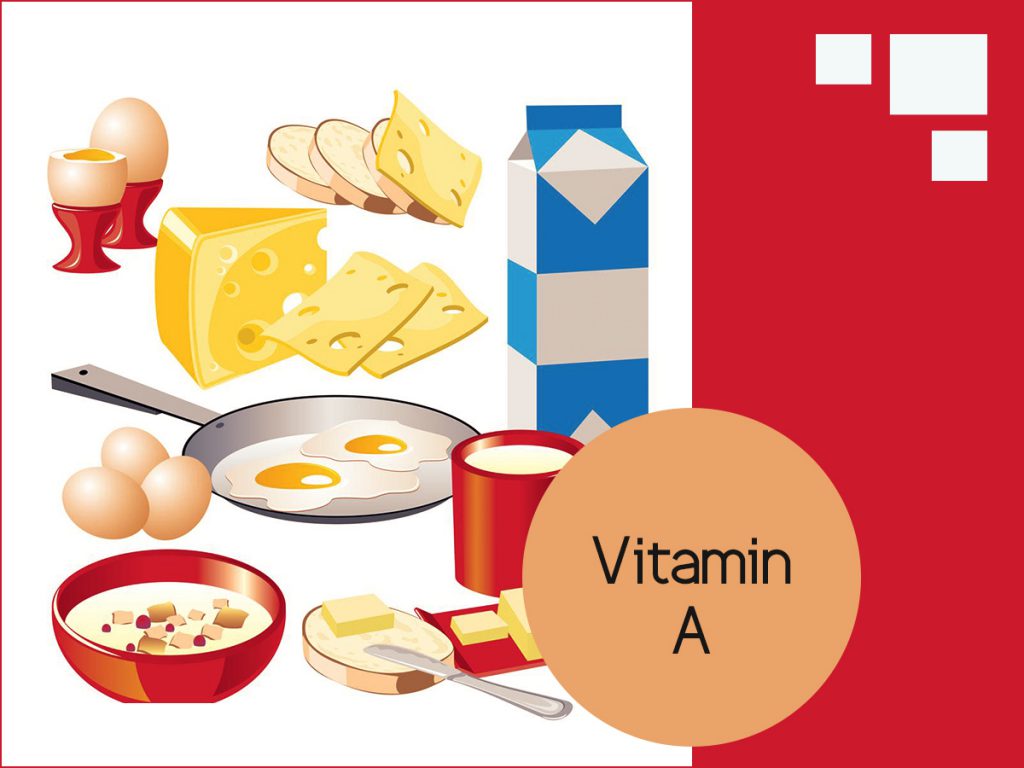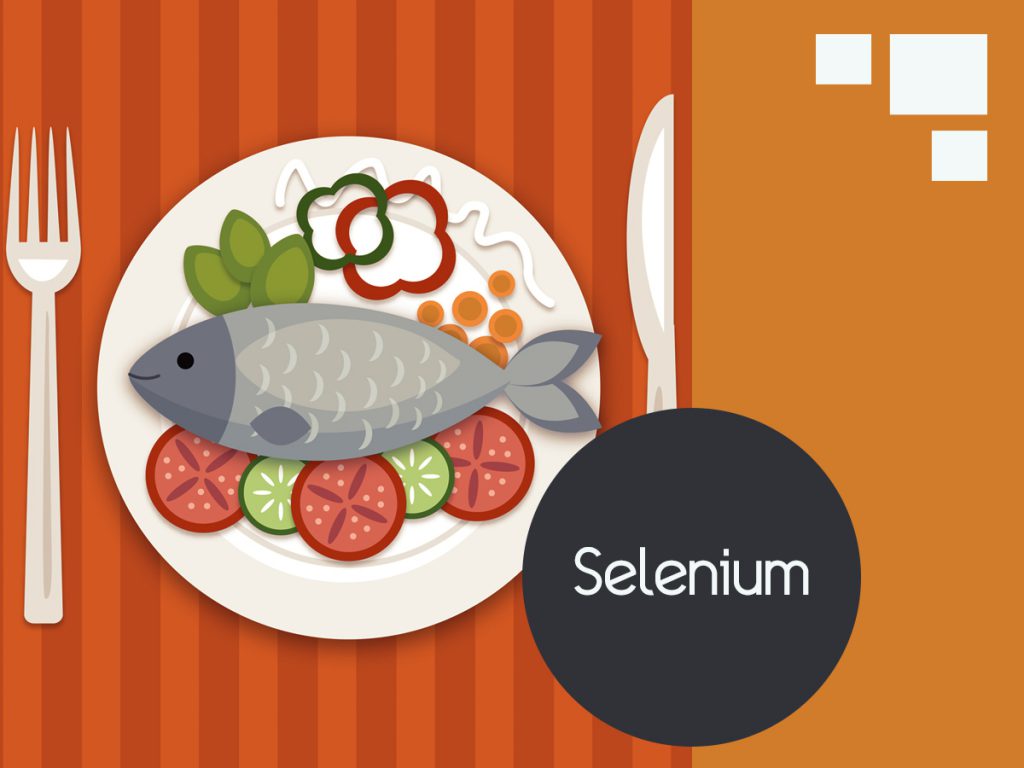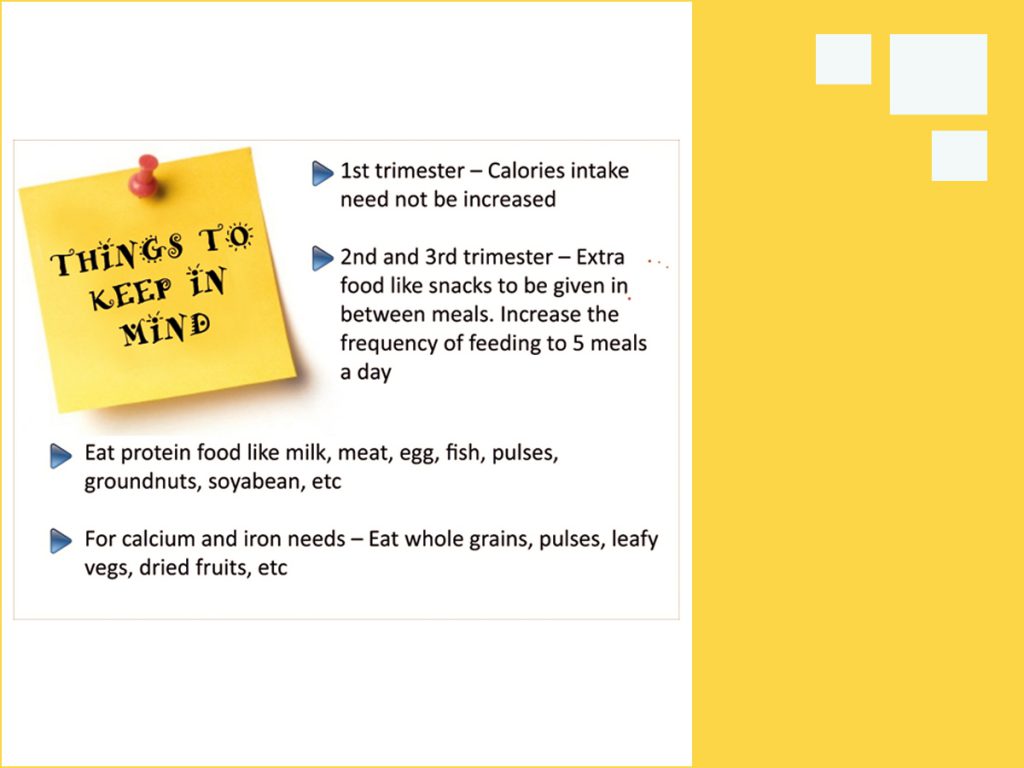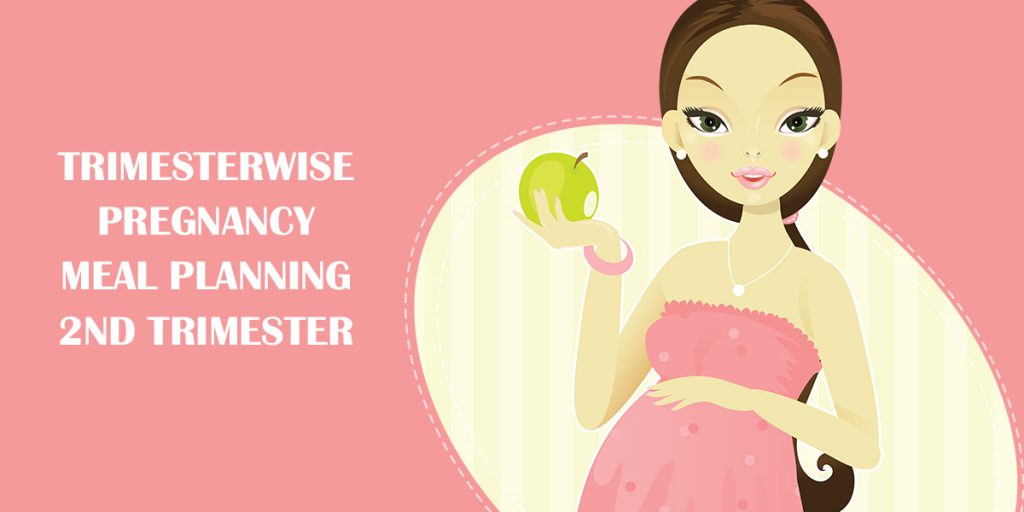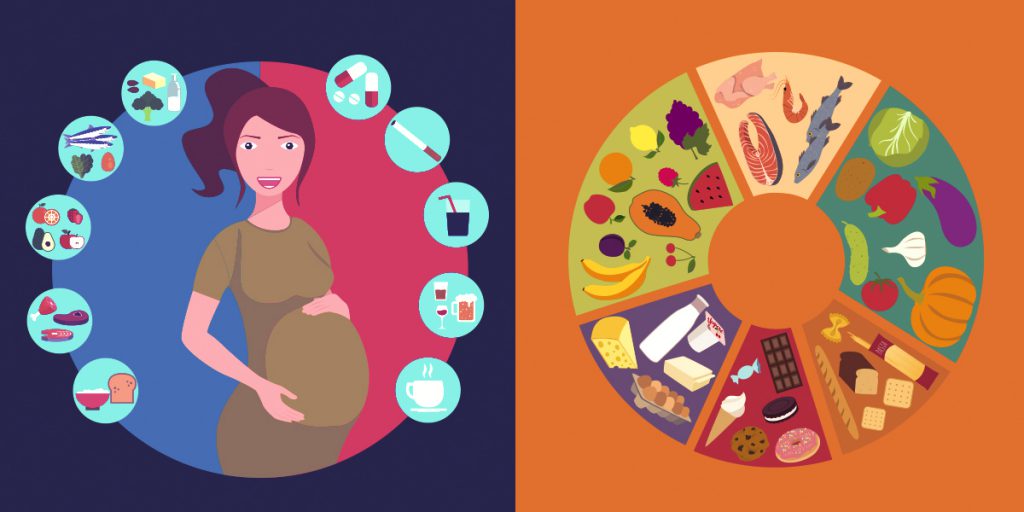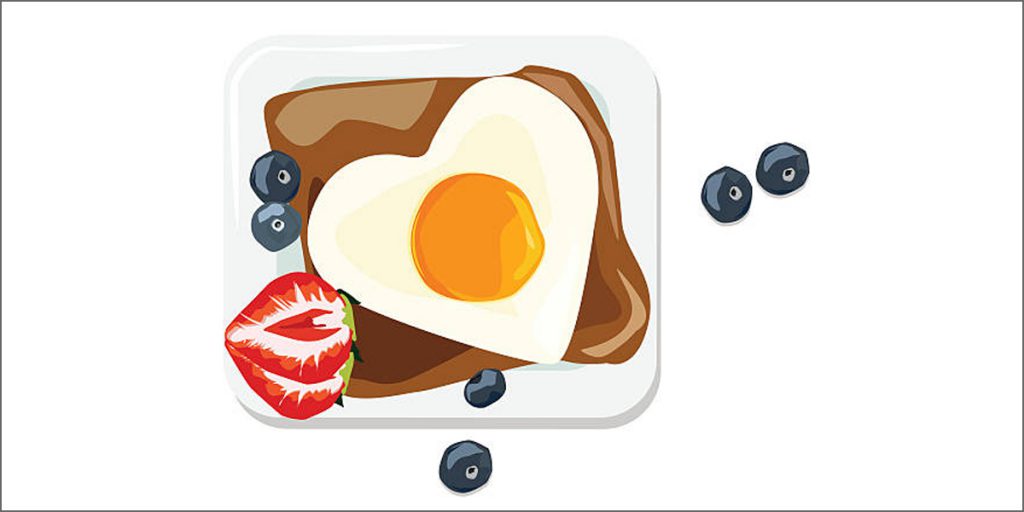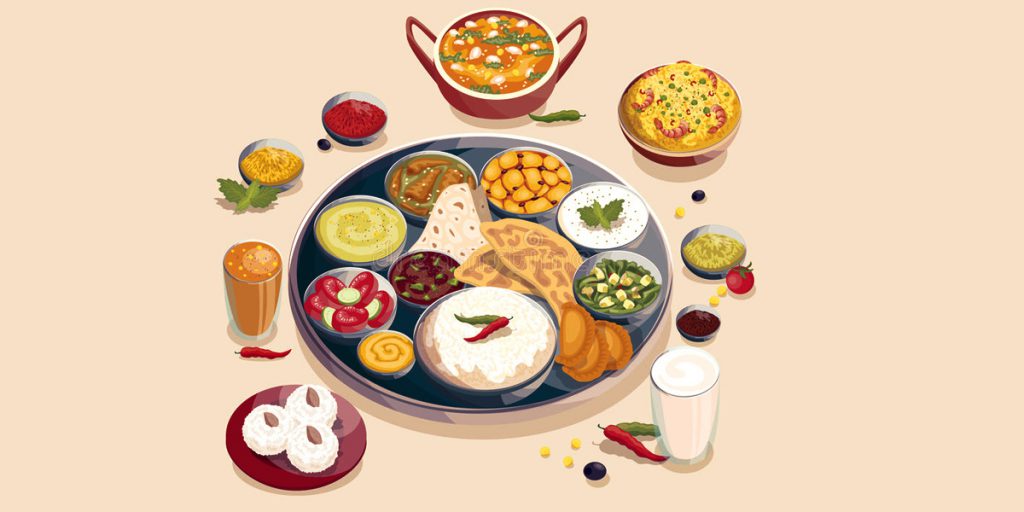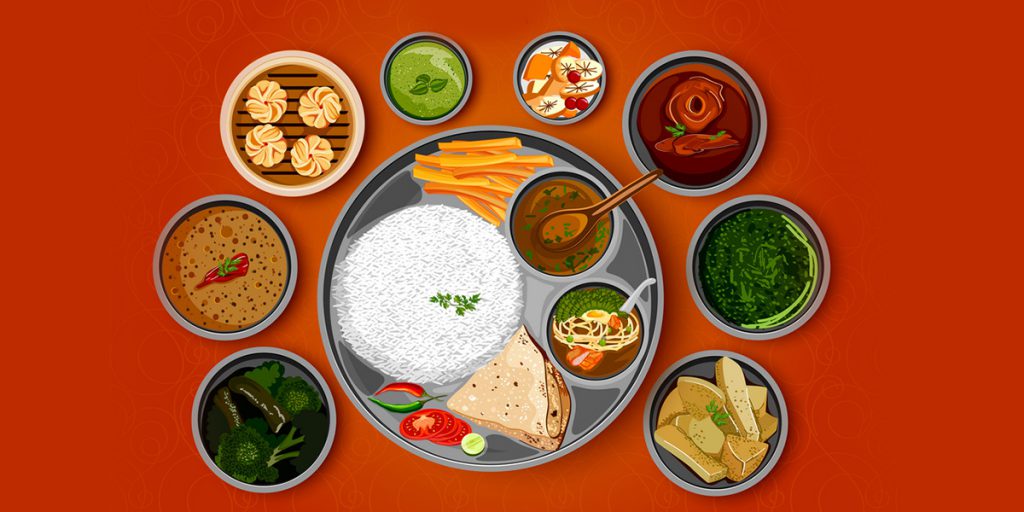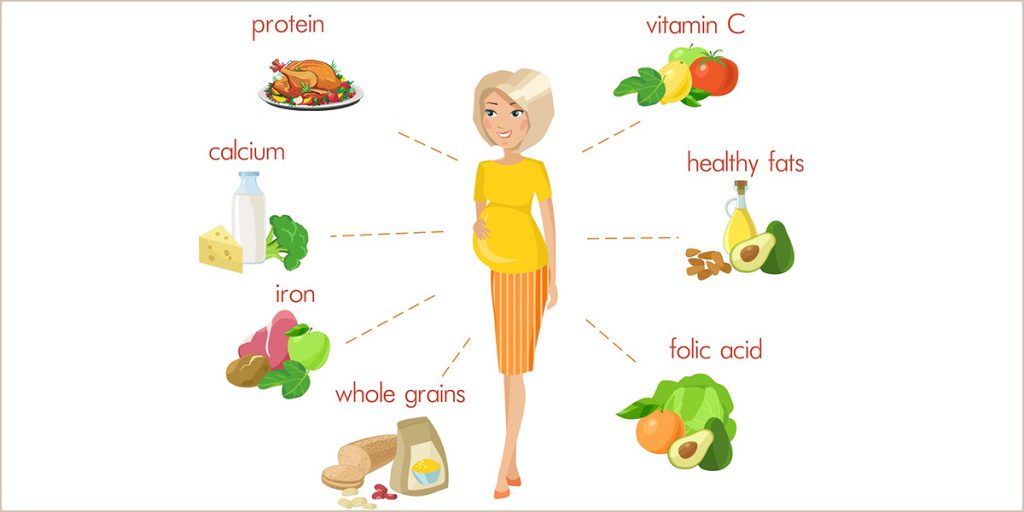Women are vulnerable to certain infections during pregnancy. If the infections are left untreated, they may become severe and develop further complications. They might affect you and your baby adversely. However, these can be prevented by taking a few preventive measures and making certain healthy choices.
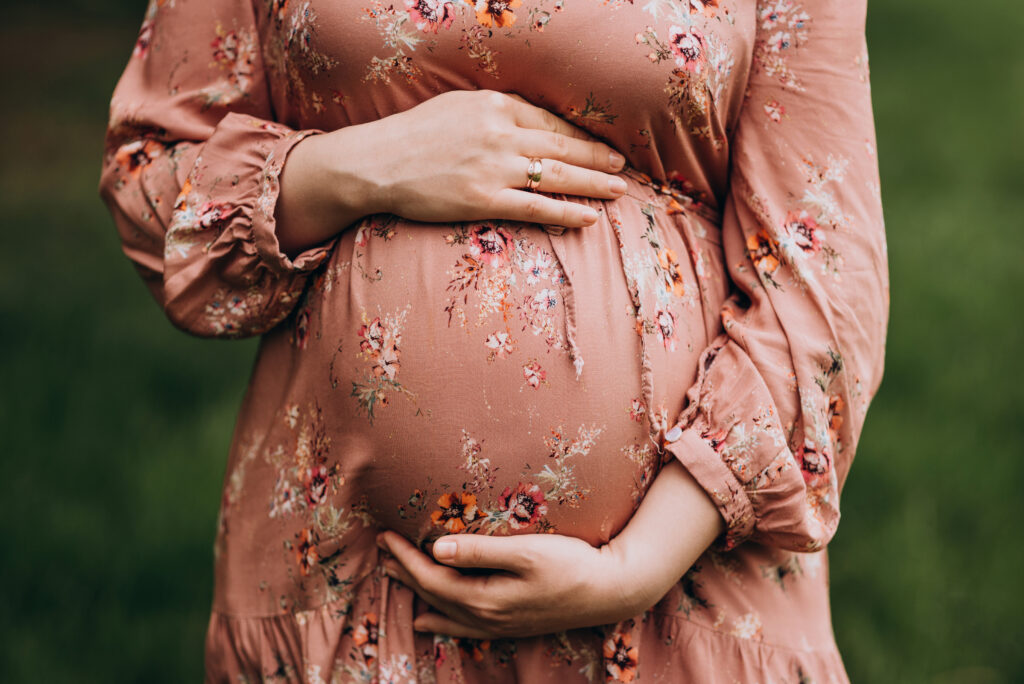
What are Prenatal Infections?
Prenatal infections, also known as maternal infections, are caused during pregnancy or childbirth. These are primarily viral or bacterial infections that can be transmitted to the baby from the mother during pregnancy, labour, or shortly after birth. Such conditions increase the risk of preterm birth or health complications in the baby.
Types of prenatal infections
Prenatal infections are divided into two categories:
- First category: It consists of infections that are acquired during pregnancy. TORCH-O stands for toxoplasmosis, syphilis, rubella, cytomegalovirus and herpes simplex, and other infections like chicken pox and zika virus, etc. These infections have a high possibility of passing onto your baby through the placenta.
- Second category: These infections can be passed onto the baby through the birth canal. These include group B streptococcus, Hepatitis B virus, and HIV.
Implications of prenatal infection on pregnancy
Prenatal infections can cause various complications, including preterm birth, delayed development of the foetus, physical malformations, and sometimes pregnancy loss.
Infections that occur early in the pregnancy result in worse outcomes. TORCH-O infections are responsible for 2 to 3% of all congenital disorders. If diseases like HIV and Hepatitis B get transmitted to the baby, they might persist for a lifetime.
Treatment
Pregnancy needs to be monitored with the help of a maternal foetal medicine specialist. Early and prompt treatment can reduce the risk of complications. Most mothers can be treated with medication, however, sometimes the infection cannot be treated, and proper rest and hydration are recommended.
Depending on the condition, the baby may require immediate medical attention or care in a Neonatal Intensive Care Unit (NICU). The newborns should also be immunized to prevent transmission of diseases like Hepatitis B.
Tips to prevent prenatal infections.
- Regularly wash your hands with soap and water. This is especially important after using the washroom, preparing raw meat and vegetables, and playing with children.
- Cook meat until it is well-cooked.
- Don’t consume unpasteurized or raw dairy products.
- Don’t share eating utensils, cups, and food with others.
- Reduce contact with saliva and urine from babies and young children.
- Avoid changing cat litter and keep your distance from wild or pet rodents.
- Practice safe sex and get tested for sexually transmitted infections.
- Make sure your vaccinations are up to date.

